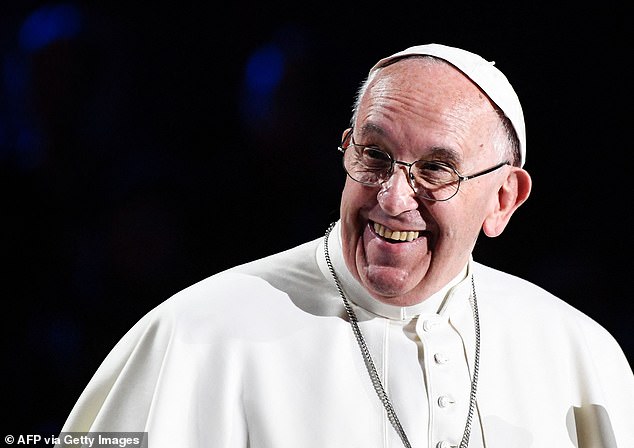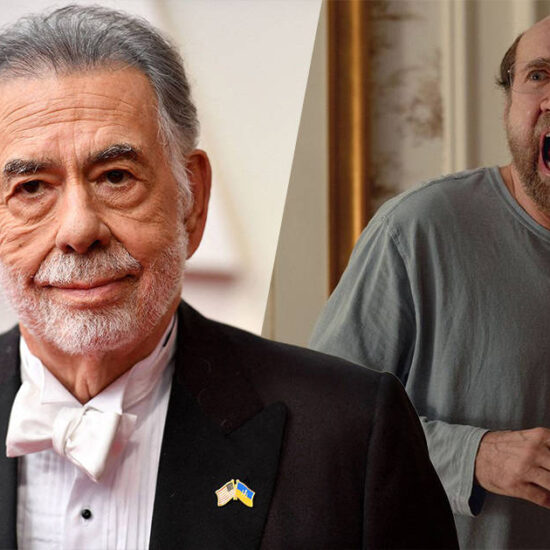
Pope Francis calls Catholic Church’s ban on priests having sex ‘temporary’ opening door to review of 1,000-year-old celibacy rules
- Pope Francis, 86, hinted that priests may not have to be celibate in the future
- It comes after growing calls to drop rule that was introduced in the 11th century
The Catholic Church is open to reviewing its thousand-year-old practice of celibacy, Pope Francis has suggested.
He said the ban was only ‘temporary’ and there was also ‘no contradiction’ for a priest to marry.
Celibacy was made a requirement by the Catholic Church in the 11th-century for financial reasons, as clergy without children were more likely to leave their wealth to the church.
The Vatican enforces the rule among priests – but there are growing calls to end the ban.
It comes after Germany’s Catholic Church voted for a resolution requesting that the Pope end the obligation for priests to be celibate.
Pope Francis, 86, said celibacy was only a ‘temporary prescription’ and there was also ‘no contradiction’ for a priest to marry
In an interview with Argentine publication Infobae, Pope Francis, 86, said: ‘There is no contradiction for a priest to marry. Celibacy in the western Church is a temporary prescription.
‘It is not eternal like priestly ordination, which is for ever whether you like it or not. On the other hand, celibacy is a discipline.’
The Pope also cited the example of the Eastern Church – a branch of Catholicism which allows more leeway – and said: ‘Everyone in the Eastern Church is married, or those who want to. Before ordination there is the choice to marry or to be celibate.’
It marks a change from his position in 2019, when he suggested celibacy was a ‘gift’ to the church and he didn’t agree with ‘allowing optional celibacy’.
In the interview, which is one of many to celebrate the tenth anniversary of his election as Pope today, he also spoke about rising divorce rates and suggested young people were sometimes getting married too early.
Pope Francis said: ‘Sometimes one goes to a wedding and it seems more like it’s a social reception and not a sacrament.
‘When young people say for ever, who knows what they mean by for ever.’














